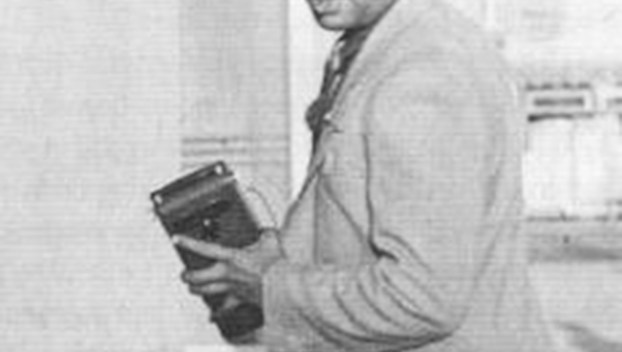
Local News
A SLAVE IN PARADISE: Contesting a nightmare
Editor’s note: The following article is part two of a four-part series about Athens native Dora Jones and ... Read more

Editor’s note: The following article is part two of a four-part series about Athens native Dora Jones and ... Read more